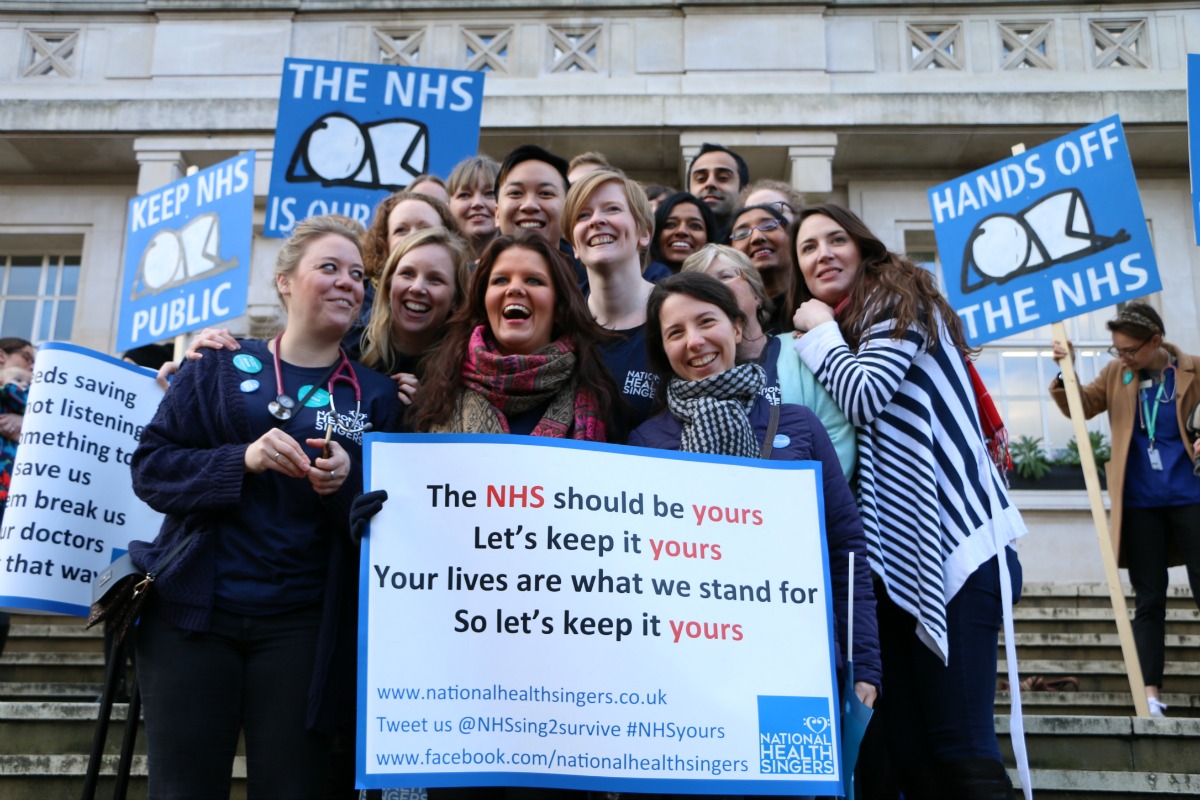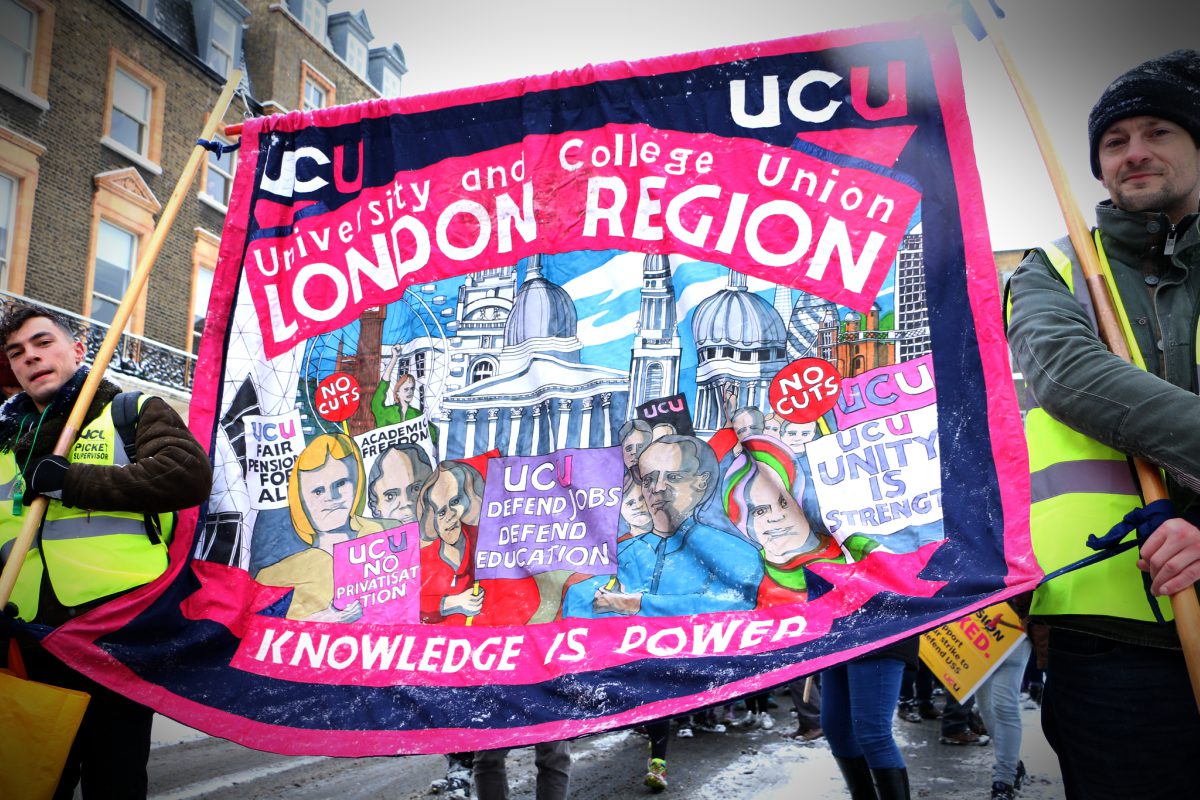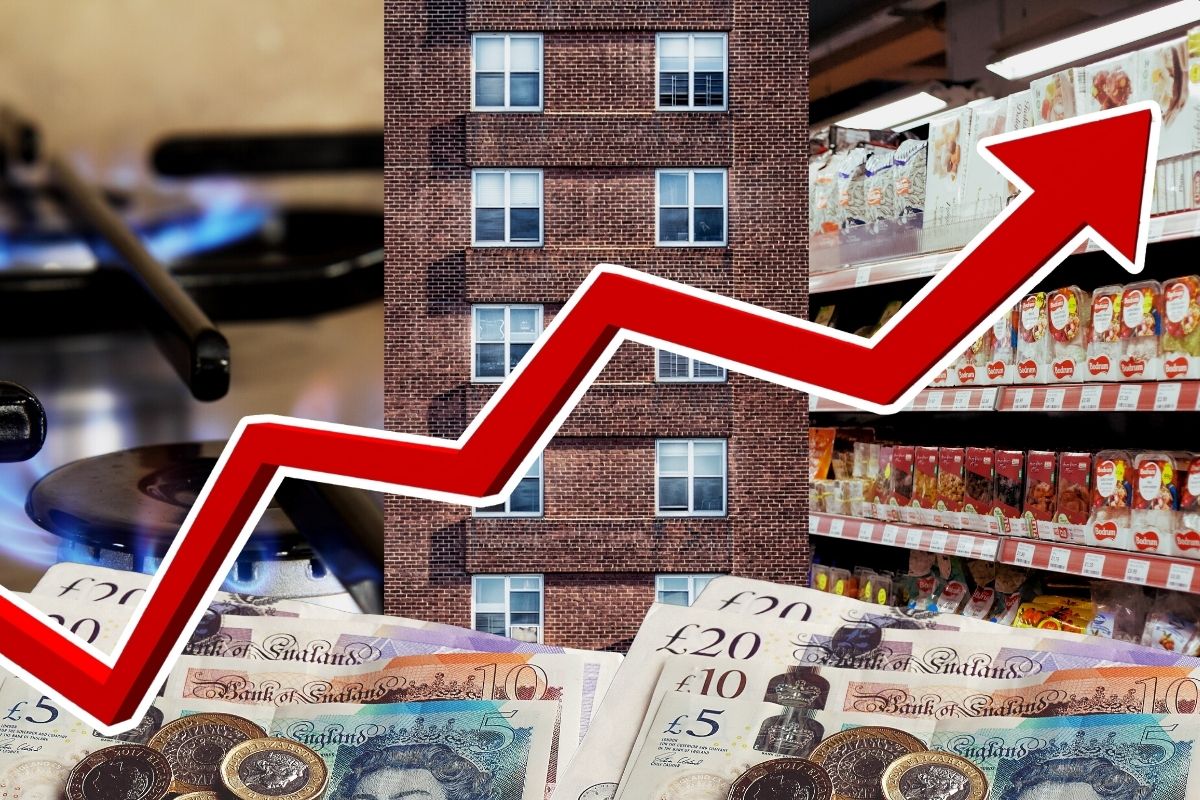So severe is the crisis of British capitalism, that even formerly comfortable layers, in relatively privileged positions, are facing immiseration. At the same time, the Tories are weaker than ever. We must fight to overthrow their system.
As the cost-of-living catastrophe intensifies, the poorest in society are facing the choice between heating and eating this winter. But so deep is the crisis, that even the middle classes are feeling the pinch. Ferment is brewing, as the struggle and strife amongst formerly-comfortable layers ramps up.
From skyrocketing energy prices to soaring mortgage repayments: previously stable households are now staring into an abyss of uncertainty and insecurity.
Small business owners are similarly being pushed into bankruptcy by inflation and rising borrowing costs, combined with falling sales as a result of the looming recession.
At the same time, those in ‘white collar’ jobs have seen their wages and conditions attacked and eroded over the years. These professions have become increasingly proletarianised, and are nowadays characterised by chronic low pay, overwork, and the so-called ‘wonders’ of ‘flexible’ employment.
The indignation and anger amongst these layers – who can no longer live as they once did, or as they imagined they would – is a sign of the times, with important implications for the class struggle.
Precarious position
 Take the example of Sarah, a 29-year-old trainee law research assistant, who reported to the Financial Times that her job pays just £6.65 per hour. She has been forced to skip meals, stop socialising, and move house in order to get by.
Take the example of Sarah, a 29-year-old trainee law research assistant, who reported to the Financial Times that her job pays just £6.65 per hour. She has been forced to skip meals, stop socialising, and move house in order to get by.
In the same FT study, one public sector worker reported that they had reduced the number of showers they took and laundry washes they did. Another civil servant, meanwhile, had to switch to a role in the private sector due to poor pay.
The situation for those employed in these once-privileged positions is increasingly one of precarity: people forced to delay their retirements; couples that can’t afford to have kids.
It is hardly surprising that Sarah – and many others like her – find it “impossible to imagine” planning for the future. It is difficult to have any sense of security or stability when the ground beneath your feet is constantly being shaken by one economic earthquake after another.
Housing crisis
The question of housing highlights the deteriorating position of the middle classes.
Following Liz Truss’ catastrophic mini-Budget, and with the Bank of England hiking official interest rates, the average UK mortgage rate now sits at 6% – well over double the 2.25% rate seen in August.
This is affecting millions of homeowners, who are suddenly faced with repayments jumping by thousands of pounds per year as they renew their deals with the bank.
As the FT has noted: “Even those who consider themselves financially comfortable are finding carefully laid plans are being upended.”
Unable to keep up with climbing mortgage costs, many are being pushed into an increasingly competitive rental market. But this is a case of going from the frying pan into the fire.
With a severe shortage of affordable housing, the stress of renting is even forcing some young professionals to reconsider living in cities at all.
Reactionary rump
The crisis is undoubtedly having a profound impact on the consciousness of the middle classes.
This can be seen clearly by the evaporating support for the Tories in opinion polls. And it is also evident from the historic decline of the Conservative Party membership. In the postwar period, the party recorded millions of members. Today, this has been reduced to around 150,000 ‘swivel-eyed loons’.
The sheer weight of the crisis is steadily whittling away the social base of the Tory Party, leaving behind an ever-more rabid and reactionary rump.
Like Truss and Johnson before him, Rishi Sunak has no answers. Instead, the new PM has admitted that “tough decisions will need to be made”. And everyone knows what this means in practice: handouts for the bosses and bankers; austerity and attacks for the rest.
“Stripped of their halo”
 So deep and sharp are the cuts, that even those in highly-trained, highly-qualified positions are being drawn into struggle.
So deep and sharp are the cuts, that even those in highly-trained, highly-qualified positions are being drawn into struggle.
From the recent indefinite strike by barristers, to the British Medical Association’s demand for a 30% wage rise for doctors over the next five years: formerly middle-class professions are increasingly getting organised, taking collective action, and fighting against the Tories, alongside the rest of the labour movement
Philip Banfield, the BMA’s chair, has acknowledged that campaigning for doctors’ demands means confrontation with the government, regardless of who occupies Number 10. “It’s almost inevitable that the path taken by whatever government happens next will lead us into direct collision with them,” Banfield explained.
Similarly, barristers with the Criminal Bar Association (CBA) were forced to take action this summer, with on-off wildcat walkouts snowballing into an all-out strike.
The strike has now been suspended, with CBA members voting to accept a new deal. But this simply kicks the can down the road. Barristers have had a 28% cut in real wages since 2006, highlighting the inadequacy of the government’s 15% pay offer.
At the same time, like within the NHS, conditions for staff in the justice system will only worsen in the years to come – preparing the ground for further action amongst those who would never have considered striking twenty years ago.
As Marx and Engels wrote in the Communist Manifesto:
“The bourgeoisie has stripped of its halo every occupation hitherto honoured and looked up to with reverent awe. It has converted the physician, the lawyer, the priest, the poet, the man of science, into its paid wage labourers.”
Topple their system
 Beyond the lawyers and doctors, the crisis of capitalism is radicalising entire groups of white-collar workers.
Beyond the lawyers and doctors, the crisis of capitalism is radicalising entire groups of white-collar workers.
From lecturers in the UCU, to teachers in the NEU, to civil servants in the PCS: those in sectors once considered to be relatively safe and comfortable are now leading the charge against the Tories and their programme of austerity.
This spells trouble for the Tories, who are increasingly backed into a corner, with nothing to offer workers but misery and Dickensian gruel.
With the squeezing of its traditional voter base, the Tory Party is weaker than ever. Rishi Sunak’s government of the rich is resting on the head of a pin.
At the same time, the organised working class is gaining confidence and flexing its muscles.
A strong lead from the trade union movement – armed with bold socialist policies that can tackle the root of the crisis – has the potential to draw in radicalised workers, youth, and middle-class layers alike, and deliver a knockout blow to this decrepit Tory government.
The trade union leaders must seize upon this, and mobilise the workers’ movement on the basis of a clear socialist programme – not just to topple the Tories, but to overthrow the entire capitalist system.






